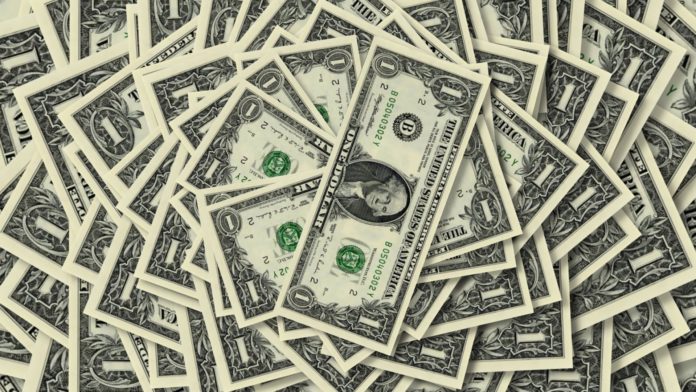China’s forex regulator has expanded the foreign investment quota for domestic financial institutions by over USD$10 billion.
The State Administration of Foreign Exchange (SAFE) has granted 17 domestic financial institutions a qualified domestic institutional investor (QDII) quota of $10.3 billion, according to updated approval data from SAFE on 2 June.
The quota is the largest to be approved by SAFE in its history, and brings the number of approved QDII’s in China to 173, with a total investment quota of $147.319 billion.
“Since the start of the year cross-border funds have flowed outwards in an orderly manner, and various institutions – and in particular fund companies providing publicly offered products, have effectively satisfied the continual growth in demand amongst domestic residents for foreign investment,” said an official from SAFE.
“On this foundation, SAFE has expanded the scope of the current QDII quota allocation, providing USD$10.3 billion in QDII quotas to 17 institutions.
“We recommend that QDII’s engage in foreign investment operations in an orderly manner, make prudential operating decisions, move towards diversified product and investment portfolios, continually optimise offshore asset allocations, and pragmatically and effectively manage and control offshore investment risk.”
The QDII’s that obtained additional quotas included investment funds, securities companies, banks and insurers in China.
Guan Tao (管涛), chief global economist with Bank of China International, forecasts that the Chinese central bank and SAFE will unveil a slew of new measures to deal with the increased opening of China’s capital account and financial markets, and in particular the stock, bond and forex markets, in order to achieve “balanced management” of cross-border capital flows.
Chinese central bank officials recently called for investors to refrain from “gambling on unilateral appreciation or depreciation in the renminbi,” and said that any such moves would “result in inevitable losses following prolonged betting.”




